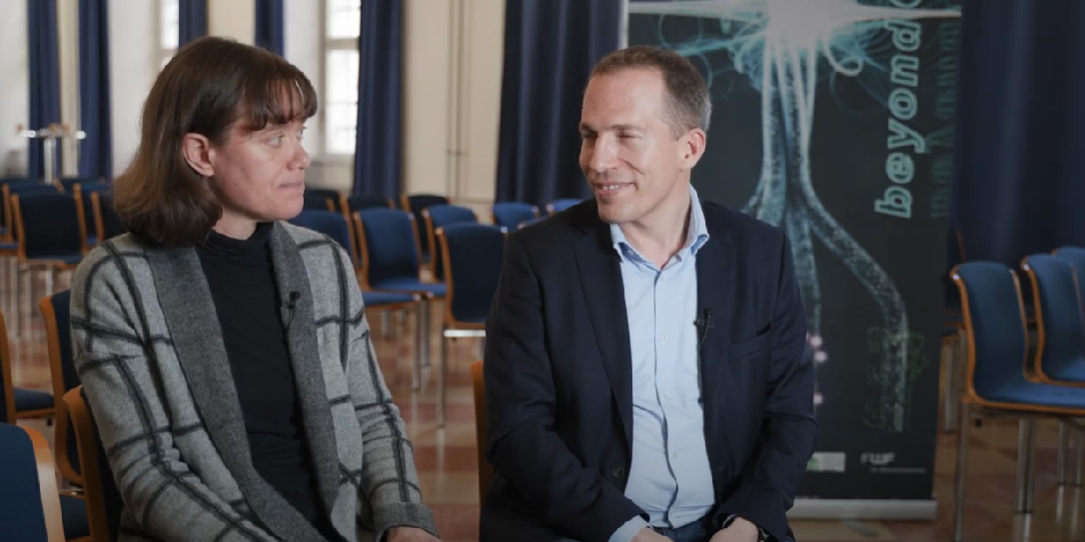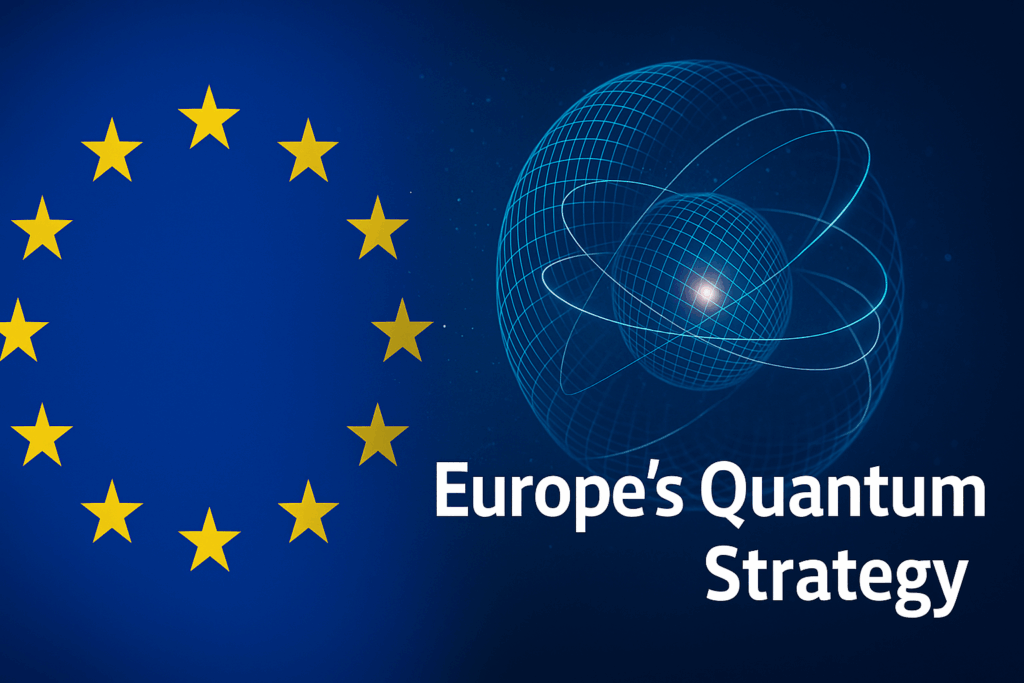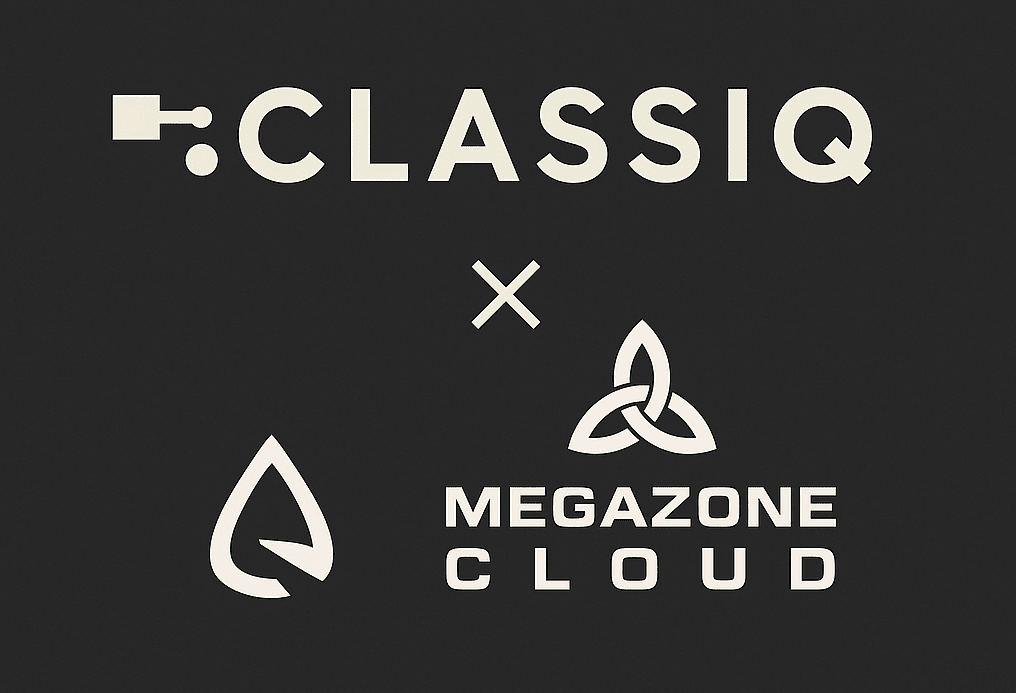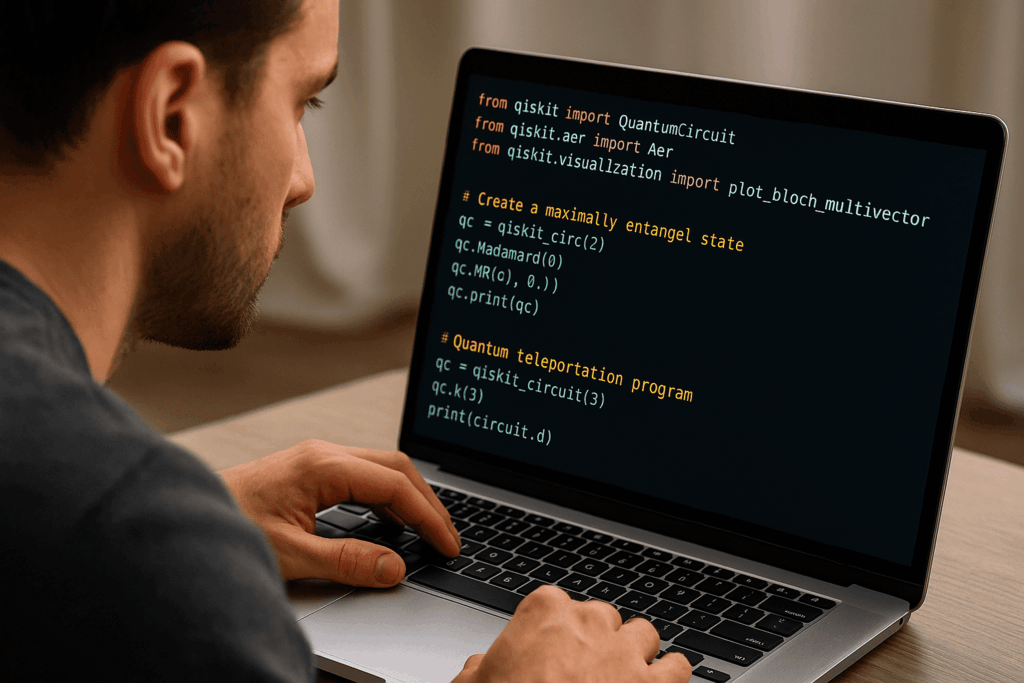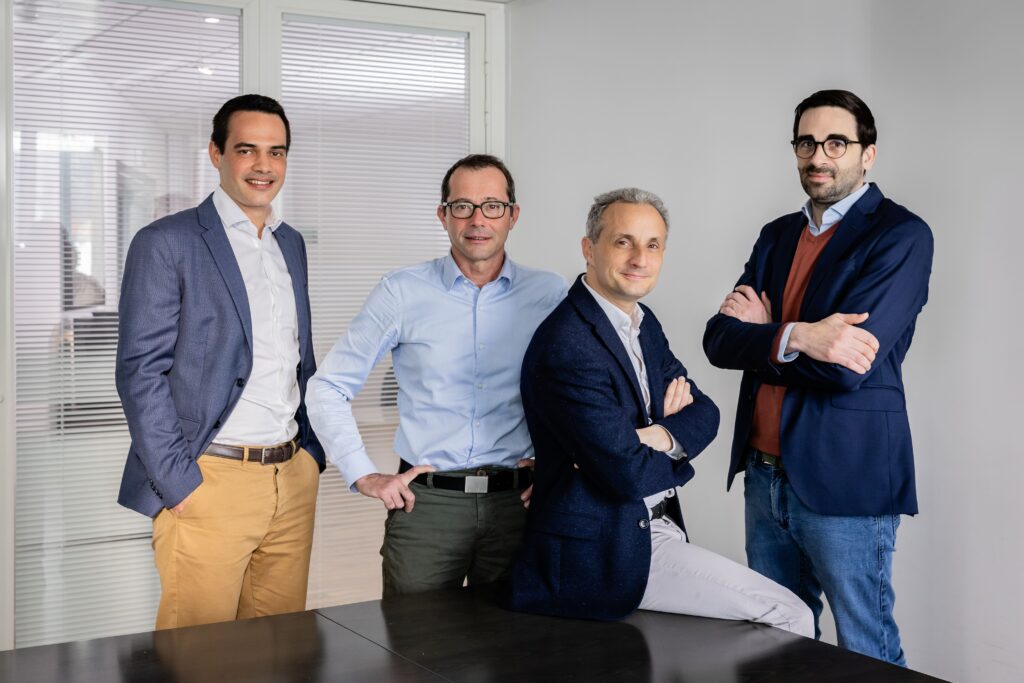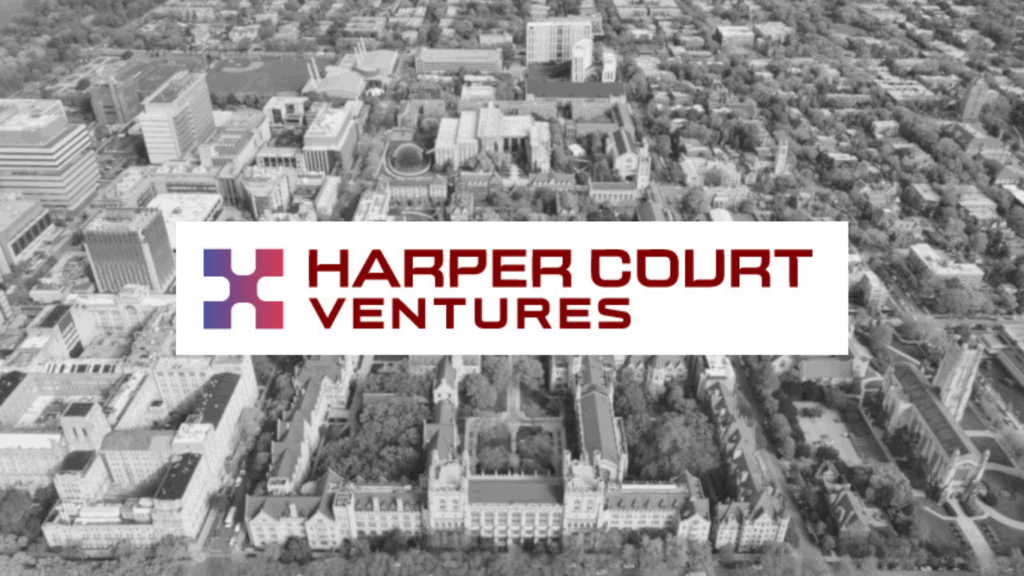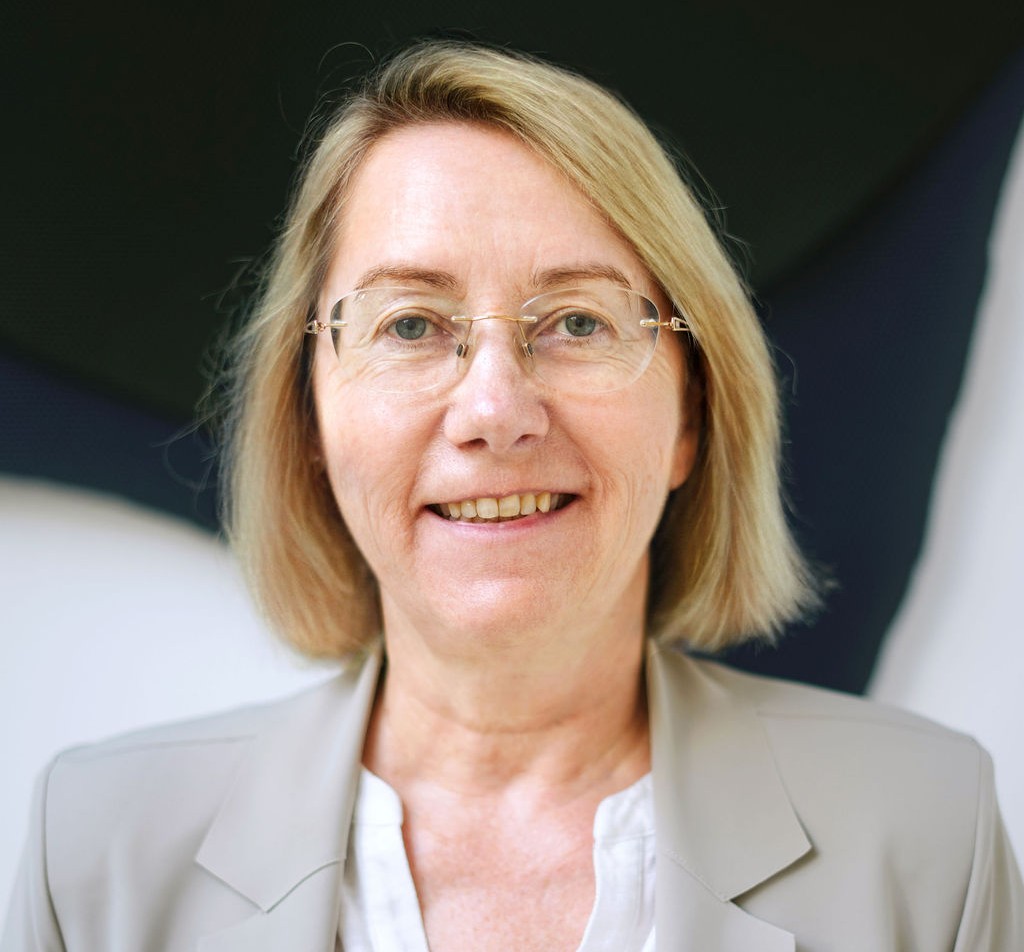SFB BeyondC
As a Special Research Program based in Austria, SFB BeyondC (Quantum Information Systems Beyond Classical Capabilities) has been set up to identify applications and methods for quantum information systems that can improve upon current classical capabilities. Several areas of quantum information science are relevant to this task and the SFB BeyondC consortium combines seven experimental physics groups led by G. Kirchmair, T. Monz, C. Roos, G. Weihs, T. Northup (University of Innsbruck), J. Fink (IST Austria), P. Walther (University of Vienna) and six theory groups led by H. Briegel, W. Lechner (University of Innsbruck), C. Brukner, B. Dakic (University of Vienna) and R. Küng (JKU Linz). Together, they will apply theoretical and experimental expertise to achieve the following sub-goals:
- precise control of up to 30 qubits for quantum computing
- realization of a quantum simulator using up to 100 qubits
- operation of quantum-secure data processing for medium-size quantum processors and quantum networks
- derivation of new resource-efficient algorithms and applications for medium-sized quantum processors
- realization of hybrid quantum-classical and hybrid quantum-quantum systems
- verification, validation, certification, and error mitigation for quantum processors
- and the realization of quantum computing networks and new architectures
Through the first funding period, the SFB BeyondC consortium was able to make significant progress aligned with the global effort to increase the control and exploitation of quantum systems.
Just recently, Philip Walther, a professor at the University of Vienna, and Tracy E. Northup, a physicist who works at the Institute for Experimental Physics, University of Innsbruck, discussed the consortium’s second funding period and how it will allow SFB BeyondC to continue its efforts to derive and explore applications and methods for quantum information systems beyond classical capabilities.
Four More Years
“We are happy and excited that we have the extension of our special research program on Quantum Information Systems beyond classical capabilities, which is building on the last four years and has shown amazing progress in developing theory and hardware for quantum computing in the broadest sense,” said Walther.

Northup added that the project has been running for four years and that the extension means it will run for another four.
“It’s really a chance to build on those results from the first part,” said Northup, who was awarded the 2016 Start-Preis of the Austrian Science Fund.
Exchange Networks
Walther then made it clear he hopes with the extension the consortium can continue to foster the exchange network of amazing people, which includes young scientists as well as established researchers, working on the same problems from different angles.
“It’s amazing to see this momentum and progress that, of course, we will keep going in the second phase,” he said.
“I think a really special thing about the project is this goal of building a quantum computer that surpasses classical capabilities,” said Northup. “This is beyond the scope of any single research group and you need a consortium like this to address it.”
Northup added that it’s very special that in Austria there are so many groups working on this topic and that the project is a wonderful chance to bring people together to foster collaborations, especially with the younger generation.
Looking in the Same Direction
“We bring together the entire country,” said Walther. “We have Innsbruck, we have Vienna, Linz, really all the key players in quantum science we have here in one team together so we can look in the same direction and take on the same problem, also mentioning that it’s a very nice situation for the Austrian research community.
Northup finished by saying that it’s also important for students to feel that they’re part of something, not just in their research group or their university but as part of Austrian quantum science.
It’s evident that programs like SFB BeyondC are important for quantum information science. With another four years of research ahead, it looks like the consortium will be making a name for itself, both in Austria and in the wider scientific community.
Featured image: SFB BeyondC
If you found this article to be informative, you can explore more current quantum news here, exclusives, interviews, and podcasts.

